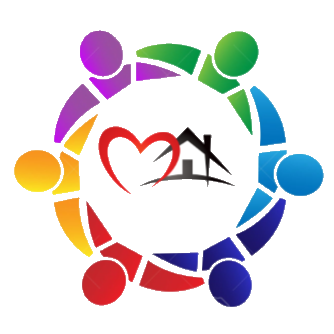
Time's up

You cannot switch tabs while taking this quiz!
You are not allowed to switch tabs violation has been recorded.

you cannot minimize full screen mode!
You are not allowed to minimize full screen while taking this quiz, violation has been recorded.

Access denied! To begin the quiz, please grant this quiz access to your camera.

Time is Up!
